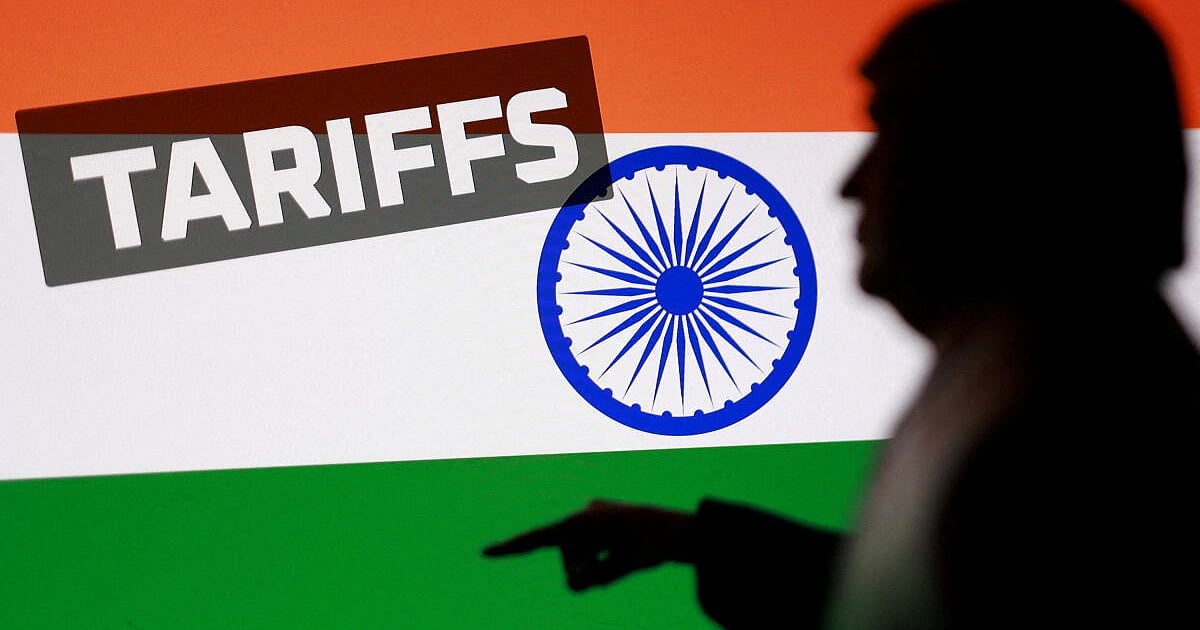 |
|
The provided article, while brief, touches upon a significant theme in contemporary global politics: the shifting alliances and emerging resistance to American economic pressure, particularly under the Trump administration. The assertion that India and Brazil are pushing back against Trump's tariff policies and that other emerging nations are hedging their bets against the United States speaks to a growing unease with the unpredictability and perceived unilateralism of American foreign policy. The statement that these countries have never trusted America and that Donald Trump is proving them right highlights a deep-seated skepticism that predates the Trump era but has been exacerbated by his policies. This essay will delve into the historical context of this distrust, the specific policies that have fueled it, and the potential long-term consequences for the global geopolitical landscape. It will explore the reasons why India and Brazil, in particular, might be at the forefront of this resistance, considering their economic ambitions, strategic priorities, and historical relationship with the United States. Finally, it will examine the broader implications of this trend for the future of international trade, multilateralism, and the role of the United States in the world order. The history of US foreign policy is replete with examples of interventions, sanctions, and trade policies that have been perceived as self-serving or detrimental to the interests of other nations. This has created a reservoir of resentment and distrust, particularly in the developing world, where many countries have historically been subjected to economic or political pressure from the United States. The Cold War era saw the US support authoritarian regimes in Latin America and Asia in the name of containing communism, often at the expense of democratic ideals and human rights. The post-Cold War era has been characterized by a focus on promoting free markets and globalization, which has led to increased inequality and economic instability in many countries. Specific policies, such as the imposition of tariffs on steel and aluminum, the withdrawal from the Paris Agreement on climate change, and the abandonment of the Iran nuclear deal, have further eroded trust in the United States as a reliable partner. These actions have been seen as a rejection of international norms and a disregard for the interests of other countries. The Trump administration's emphasis on 'America First' has been interpreted by many as a signal that the US is no longer committed to multilateralism and is willing to prioritize its own interests above all else. The fact that India and Brazil are leading the charge against Trump's tariff policies is significant because these are two of the largest and most influential emerging economies in the world. Both countries have aspirations to play a greater role in global governance and are seeking to diversify their economic and political relationships. India, in particular, has been pursuing a policy of strategic autonomy, seeking to maintain good relations with all major powers and avoid being drawn into alliances that would limit its freedom of action. Brazil, under its current leadership, has been more aligned with the United States, but even so, it has expressed concerns about Trump's trade policies and their potential impact on the Brazilian economy. The decision of these countries to push back against Trump's tariff pressure is likely driven by a combination of economic and political factors. Economically, they are concerned about the impact of tariffs on their exports and their overall economic growth. Politically, they are seeking to assert their independence and to signal their unwillingness to be bullied by the United States. The long-term consequences of this trend could be significant. If more countries begin to resist American economic pressure, it could lead to a decline in the US's economic and political influence. It could also lead to the fragmentation of the global trading system and the emergence of new regional blocs. The rise of China as a global power further complicates the situation. China is seeking to expand its economic and political influence in the developing world, and it is offering countries an alternative to the US-led international order. If the US continues to alienate its traditional allies and partners, it could create an opening for China to expand its influence and challenge American hegemony. The future of international trade, multilateralism, and the role of the United States in the world order will depend on how these trends play out in the coming years. The US needs to rethink its foreign policy and adopt a more cooperative and multilateral approach if it wants to maintain its leadership position in the world. This will require a willingness to compromise, to listen to the concerns of other countries, and to work together to address global challenges. The current trajectory suggests a world order less defined by American dominance and more characterized by multipolarity and regional power centers. The specific actions that India and Brazil take, along with the responses of other nations, will shape this evolving landscape. The article, in its brevity, highlights a critical inflection point in international relations. It is a call to examine the underlying tensions and the potential consequences of a world order in flux. The distrust, the resistance, and the shifting alliances all point to a future where the United States will need to work harder to maintain its influence and leadership. It is a future where cooperation and mutual respect will be more important than ever before.
Source: Global Politics: India, Brazil Push Back Against Trump’s Tariff Pressure
